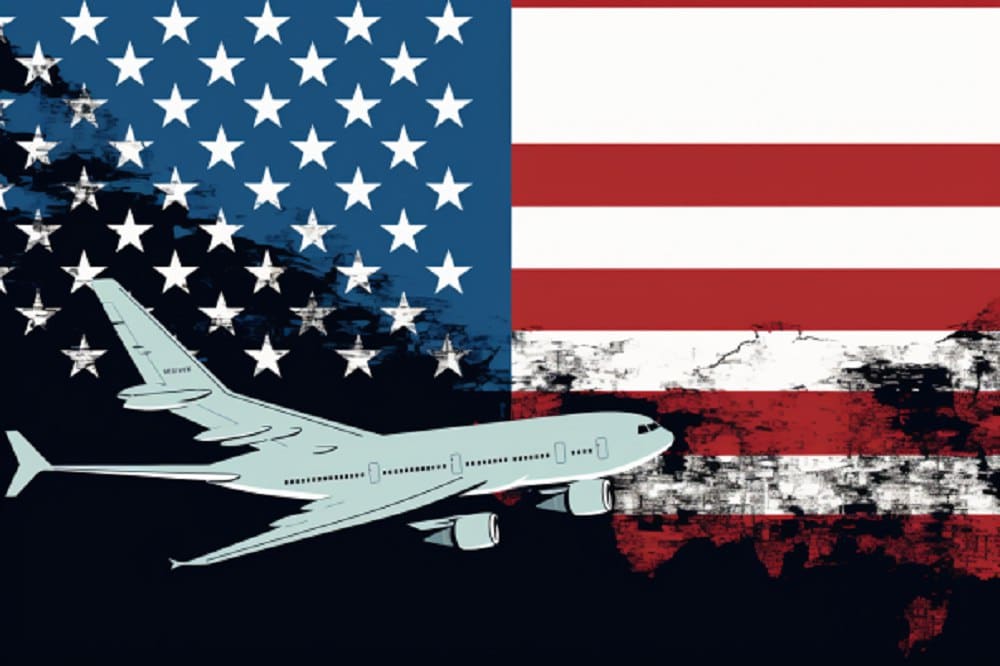Israel has announced plans to ease travel restrictions for Americans based in the Gaza Strip in response to the widespread outcry over excluding Palestinian Americans from Gaza via the US Visa Waiver Program (VWP). The decision was announced by Gil Bringer, the deputy director of the Population Immigration and Border Authority (PIBA).
Addressing Concerns And Criticisms
Previously, Palestinian Americans residing in Gaza were ineligible for the 90-day permits that allowed other US citizens to enter Israel. This development was brought to light when the Memorandum of Understanding (MOU) between Israel and the US, signed last month, indicated differential treatment for Palestinians from the West Bank versus those from Gaza.
The MOU, however, failed to specify which airports Palestinian Americans from Gaza could use upon arrival in Israel. This new strategy permits Palestinian Americans from Gaza who clear security screenings to travel to Israel under the B2 tourist visa.
Additionally, they’ll have the choice to depart from Ben Gurion Airport beginning September 15th. While these individuals can utilize the Erez Crossing into Israel, they can travel to Ben Gurion Airport after entering the West Bank through the Allenby Crossing.
This process offers a shorter commute than the current route via Cairo’s international airport. The MOU also addresses the issue of first-degree relatives in Gaza.
Bringer confirmed that US citizens with such relatives would have permission to apply for a 90-day entry permit to Gaza. This approach aims to meet the US requirement for VWP member countries to grant reciprocal travel rights to all American citizens.
However, Critics, including Democratic Senator Chris Van Hollen, have voiced concerns about certain discriminations in the MOU. Van Hollen contends that the MOU creates a two-tier system and fails to adhere to the US law requiring equal treatment of all US citizens.
Hence, he has engaged with the administration to seek clarification and rectification of the situation, but given the signed agreement, the potential for significant intervention remains to be seen.
Improving Travelers’ Experiences At Crossings
Israel’s efforts to meet the VWP criteria have involved addressing reciprocity concerns and improving travelers’ experiences at crossings. The MOU mandates that Israel notify American authorities whenever a travel permit application is denied by the Coordinator of Government Activities in the Territories (COGAT).
Nevertheless, teams from the US State Department and the Homeland Security Department have been dispatched to monitor the treatment of US citizens at Israeli crossings to ensure Israel’s adherence to the agreement. However, Israel won’t want to disregard the deal as it hopes to qualify for the VWP, a program that allows its citizens to travel to the US without obtaining a visa.
If Israel meets the criteria, Israeli citizens may be able to travel to the US without a visa as early as October 1st. The move to ease travel restrictions for Palestinian Americans from Gaza represents a step towards inclusivity and equality.
While challenges remain, the actions taken by Israel are aimed at addressing concerns and meeting the criteria outlined in the MOU. Hence, both nations are working to ensure that the agreement is upheld and that travel rights for all citizens are respected.

